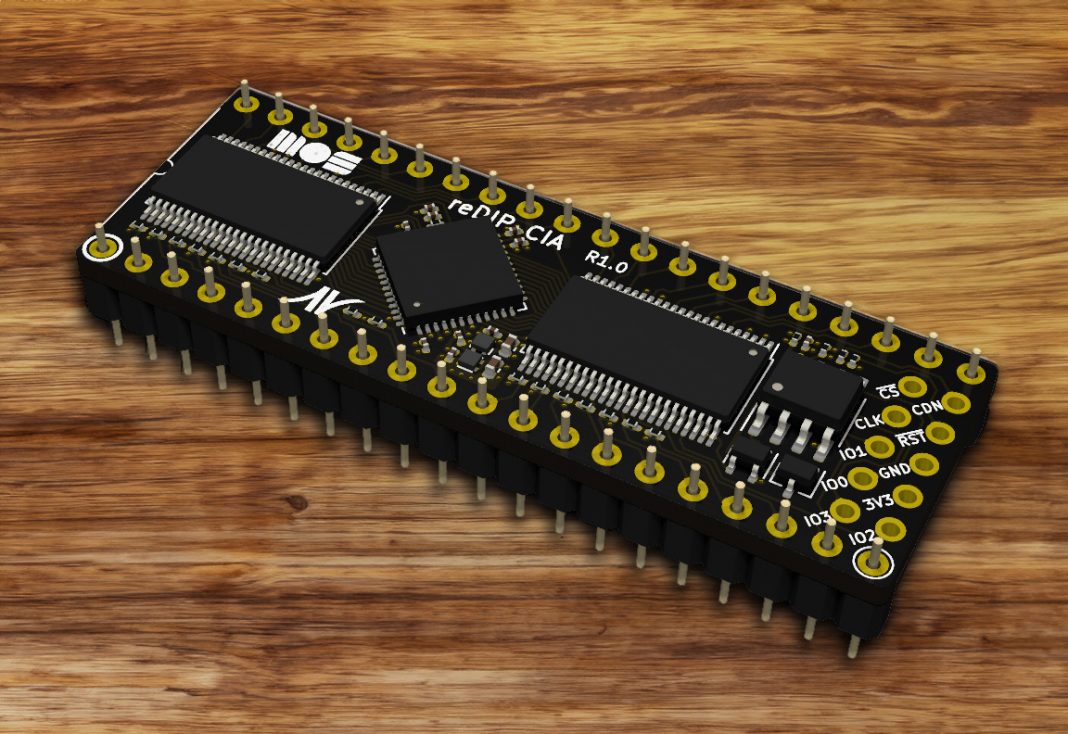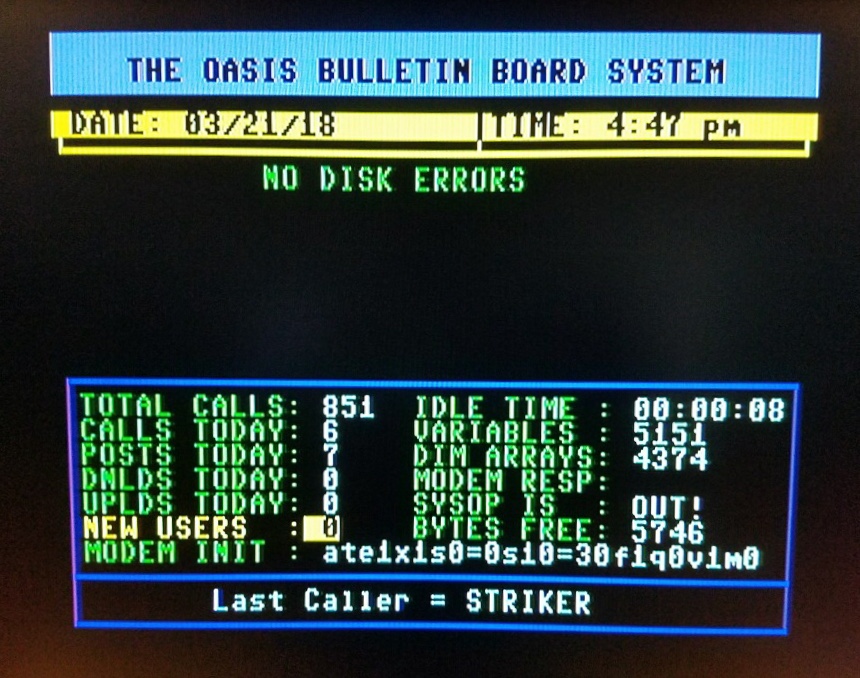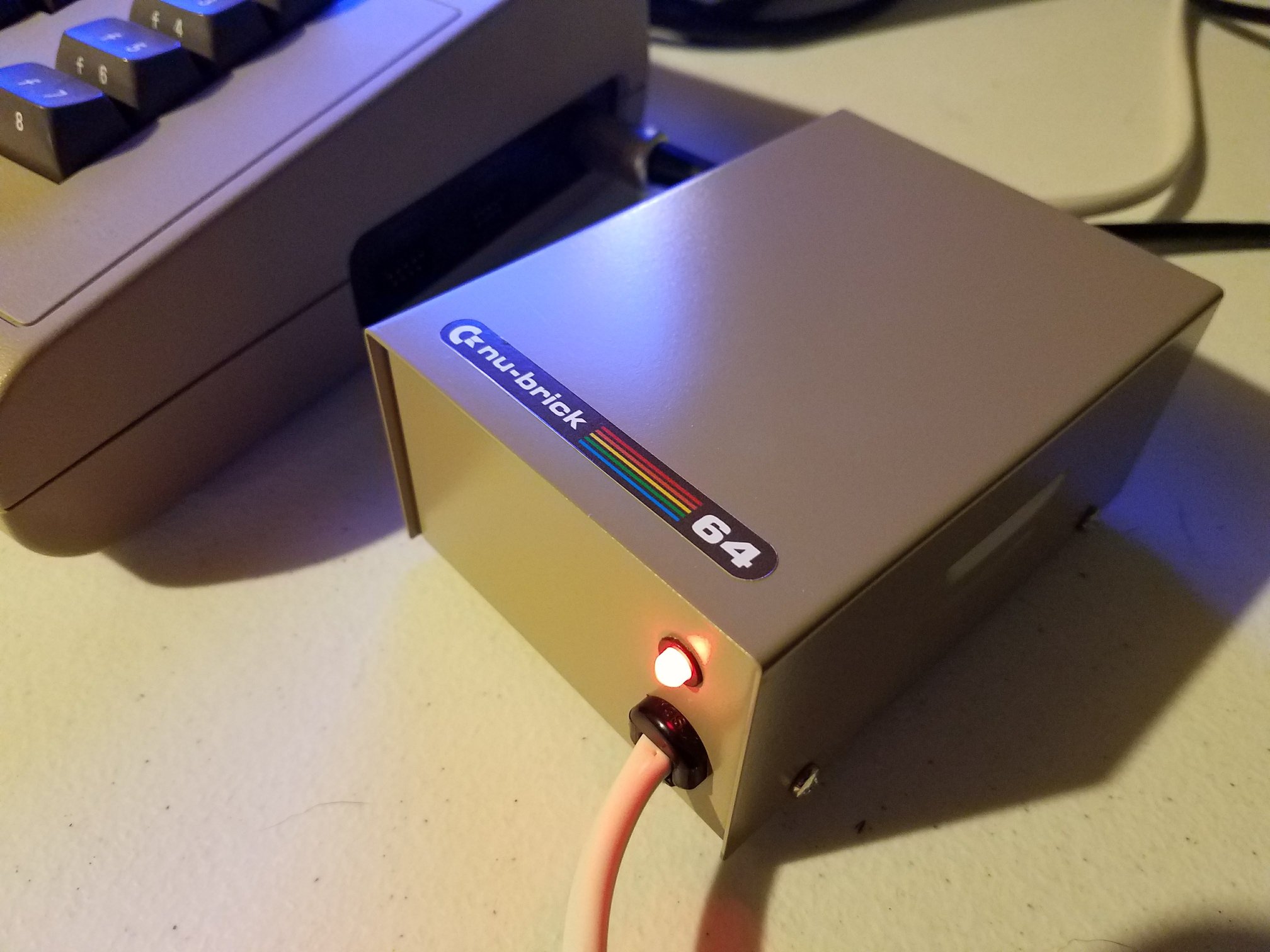Preserving classic computing hardware requires more than cosmetic repairs. One of the biggest challenges is replacing chips that have become rare or prone to failure. The CIA FPGA Replacement project, created by Dag Lem of the VICE Team, addresses this by replicating the behavior of Commodore’s Complex Interface Adapter (CIA) chips. This modern solution brings reliable functionality to systems such as the Commodore 64 and the Amiga.
Why CIA Chips Matter
The CIA, or Complex Interface Adapter, was a vital part of Commodore hardware in the 1980s. In machines like the Commodore 64, the 6526 CIA handled tasks such as timers, interrupts, keyboard scanning, and serial I/O. Amiga systems later adopted the 8520 CIA, which extended these capabilities further. When these chips fail, the entire machine can become unstable or stop working altogether. Replacement chips are increasingly difficult to find, which makes a faithful reproduction critical for the retro computing community.
This is where the CIA FPGA Replacement comes in. By recreating the logic of the CIA through an FPGA, Lem provides a drop-in substitute that performs the same functions as the original hardware.
The reDIP CIA Platform
The project is built around the reDIP CIA board, an FPGA-based solution designed to emulate multiple versions of the CIA chip. Its key features include:
- Emulation of 6526 CIA used in Commodore 64 and other 8-bit systems.
- Emulation of 8520 CIA found in Amiga computers.
- Pin compatibility that allows it to be installed in place of original chips.
The reDIP design ensures that the replacement behaves consistently across different systems, making it a practical solution for both hobbyists and repair professionals.
Benefits for Enthusiasts
The CIA FPGA Replacement provides several direct benefits to retro computing enthusiasts:
- Hardware preservation: Faulty CIA chips can now be replaced without cannibalizing other machines.
- Sustainable repairs: As supplies of original chips dwindle, FPGA replacements offer a path to long-term preservation.
- Community collaboration: The open-source nature of the project allows improvements and refinements by the retro community.
These strengths make the board more than a repair part. It is a foundation for keeping Commodore hardware active and reliable for decades to come.
Technical Considerations
The FPGA logic has been carefully written to mimic the quirks and behavior of the original CIAs. For example, subtle timing differences in interrupt handling or keyboard scanning are faithfully reproduced. This attention to detail is what makes the replacement viable for both everyday use and software compatibility testing. Retro systems are notoriously sensitive to timing, so accuracy in emulation is critical.
Open Development on GitHub
Dag Lem hosts the CIA FPGA Replacement project on GitHub, where schematics, HDL code, and documentation are available to the public. This transparency gives users confidence in the design and invites collaboration from other developers. As part of the VICE Team, Lem’s experience with software emulation naturally extends to hardware recreation, making this project especially valuable.
Impact on Retro Preservation
Projects like this highlight the determination of the retro computing community to keep vintage systems alive. While CPUs, memory chips, and video controllers often receive attention, the CIA has sometimes been overlooked. Yet without working CIAs, machines like the Commodore 64 or Amiga cannot function. The CIA FPGA Replacement fills this gap, securing another piece of computing history for future generations.
Conclusion
The CIA FPGA Replacement demonstrates how FPGA technology can be applied to safeguard computing heritage. By emulating both the 6526 and 8520 CIA chips, it allows Commodore systems to continue operating long after original parts fail. For enthusiasts, collectors, and repairers, this project offers peace of mind and a practical tool to maintain their hardware.
For more details, including source files and build instructions, visit the reDIP CIA GitHub page.








